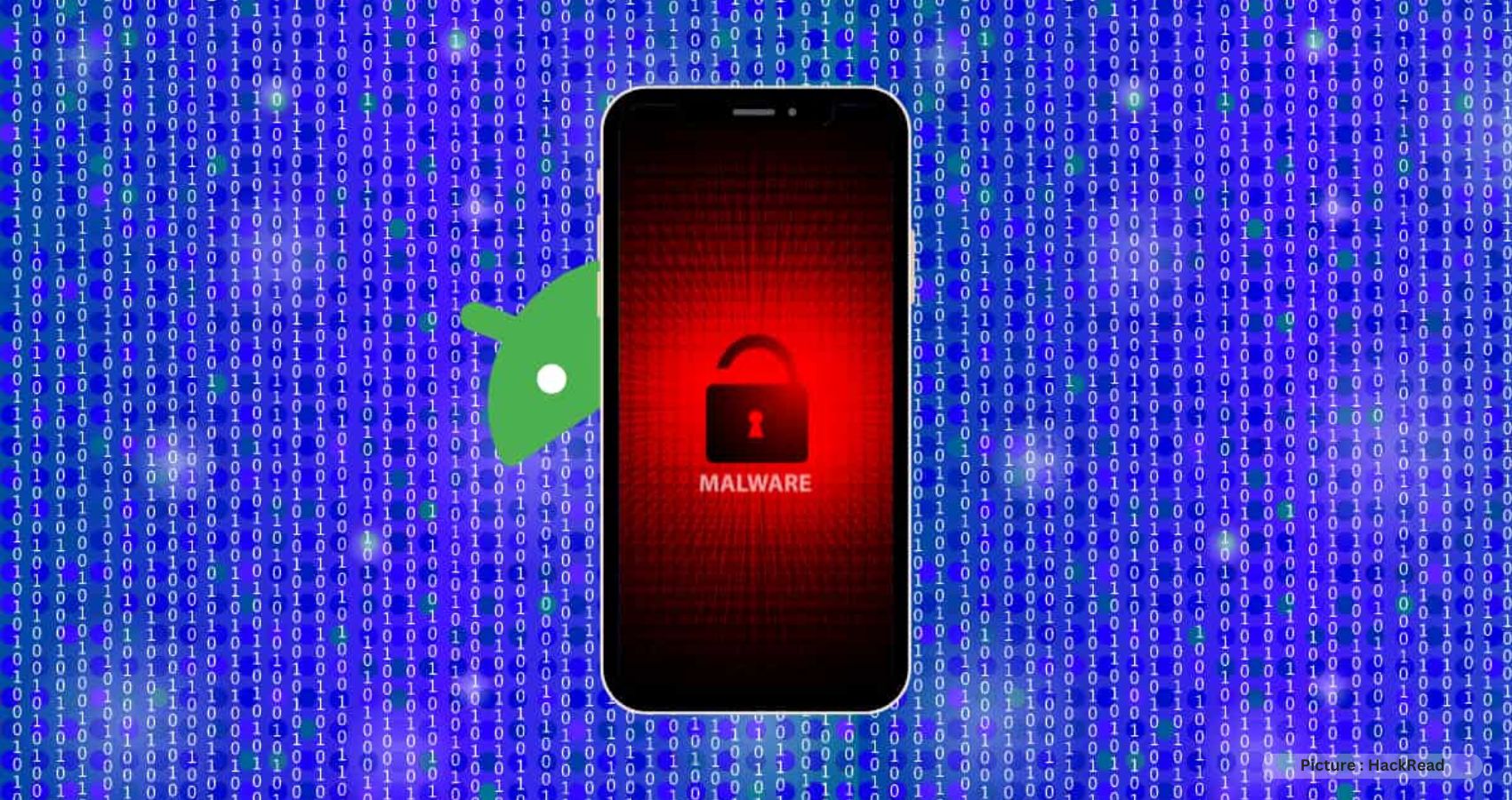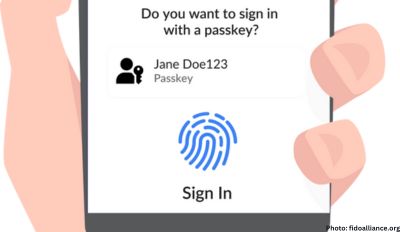Network protection investigators uncovered two record the executives applications accessible on the Google Play Store that are really spyware, putting the security and security of up to 1.5 million Android clients in danger. So on the off chance that you have one of the most amazing Android telephones with these applications introduced, erase them immediately.
An alert issued this week by Pradeo, a leading mobile cybersecurity company, identified the suspicious applications as File Manager and File Recovery & Data Recovery. Both of the apps, developed by the same developer, are programmed to launch without the user’s knowledge and secretly transfer sensitive user data to Chinese servers.
According to screenshots of their respective Play Store pages shared in Pradeo’s report, File Recovery & Data Recovery was downloaded more than one million times and approximately 500,000 people installed File Manager. According to Bleeping Computer, Google removed the apps from the Play Store relatively recently. In the Play Store screenshots, Wang Tom is listed as the developer of both apps. Therefore, despite the fact that the Play Store contains a number of apps with the name File Manager, spyware has only been detected in the one developed by Wang Tom.
While the applications say they don’t gather any information from the client’s gadget, it turns out this wasn’t true. Pradeo’s social investigation motor found the applications exfiltrate the accompanying information: contacts that are stored on your device; contacts through social media and email; images, audio, and video that have been compiled in the app; continuous client area; device model and brand; mobile phone number; Name of the network provider; what’s more, working framework rendition number. All of this without ever asking for permission to collect this data.
The majority of the above data is not required for file management or data recovery operations, although the apps may have a valid reason to collect some of it to improve performance and guarantee compatibility across devices. The sheer volume of data transferred without the user’s knowledge is even more concerning. Pradeo says that each app sends more than one hundred messages, which is “an amount that is so large it is rarely observed.”
The applications can likewise manhandle the consents the client endorses during establishment to restart the gadget and discreetly send off behind the scenes. Additionally, there are steps involved in deleting them from your phone. The applications hide their home screen symbols to make uninstallation all the more a problem, as clients need to go to their application list in the Settings menu to erase them.
If you don’t see File Manager or File Recovery & Data Recovery on your home screen, go to your Settings menu right away to get rid of them. While you’re at it, you might want to install one of the best Android antivirus apps on your phone to protect it from malicious apps in the future. Google likewise carried out a few new updates to its Android biological system in June, including a convenient little security highlight that allows you to check whether your Gmail address has been uncovered on the dull web.











